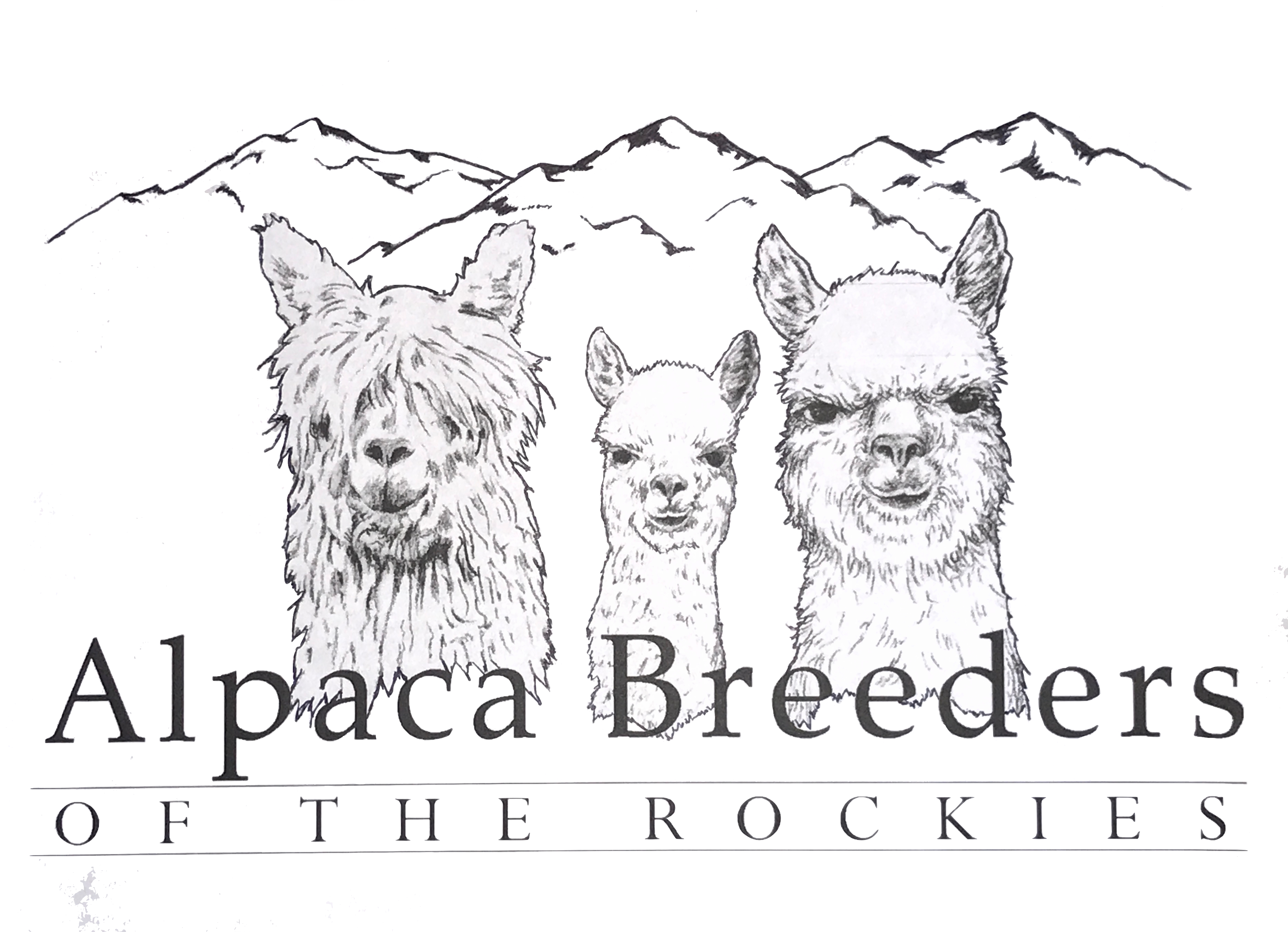Business and Lifestyle
Demographics
Alpaca breeders come from many walks of life. Increasingly, alpacas are becoming an important source of income for many people. Entire families are full-time alpaca breeders. Young couples with children might own three or four alpacas and enjoy caring for them. Retired couples, who have raised their kids, sold their business, and retired to the country, are often owners. The family whose members include a hand-spinner might own two or three animals for fiber production. Several breeders are veterinarians who have found the ownership of alpacas to be more rewarding than practicing veterinary medicine. Many herds are owned by families where one spouse has a city job, and the alpaca business is managed by the other on their acreage in the suburbs or the country. A large number of breeders are working couples who tend to their herd in the evening after work. There are even city dwellers that have discovered the option of boarding (or "agisting") alpacas, thereby giving them an alpaca business while still retaining an urban career. For all owners, alpacas offer a great way to diversify their financial portfolio with a commodity that is both rare and in demand worldwide.
There are few large ranches with over 500 alpacas, small ranches of only two or three alpacas, and everything in between. The average alpaca herd consists of about ten to twenty alpacas. Most herds start out small and grow to the size that fits the breeder's ranch and financial goals.
Almost all breeders are in business for the long haul; they believe in the future of the industry. With the relatively small number of alpacas currently available, there will be an extended and steady demand for breeding stock to continue meeting the needs of this growing industry for many years.
In the United States the primary uses of the alpaca are for breeding, as well as their exceptional fleece. Breeding quality animal prices vary from $10,000 to $30,000 or more. Fiber quality animal prices range between $1000 and $3000. Some of the factors that determine quality are conformation, soundness, fineness of fiber, and density of fiber.
Alpacas, whether pets, fiber animals, or breeding stock, are the ideal livestock for small acreage, offering tax advantage as well as many lifestyle benefits. They promote outdoor activity and can foster family cohesion. They are safe for children and make excellent 4H projects. Alpacas can be trained to do obstacle courses and to perform tricks. Their naturally calm nature will lift your spirits, and their adorable appearance and endearing ways will steal your heart. Alpacas are a great new lifestyle for retired people as well. They provide investment opportunity and the stimulation of learning a new business, along with the joy of caring for such delightful animals.
Financial Observations
The major tax advantages of alpaca ownership include the employment of depreciation, capital gains treatment, and if you are an active hands-on owner, the benefit of off-setting your ordinary income from other sources with expenses from your ranching business. The financial return using the agisted approach is also very good. There are breeders who would be happy to discuss agisting alpacas on behalf of prospective owners.
Quality, color, gender of offspring, and strength of the overall industry could influence results positively or negatively.
Financing terms are available from many breeders and range from a few months to two years or more.
It is always wise to consider both the upside and the downside of any potential purchase. It is important to feel comfortable with a range of possible financial returns if your actual experiences differ from your assumptions. It is also important to recognize that alpaca ownership has inherent risks, as do all livestock and financial assets. You should talk to breeders to familiarize yourself with the risks as well as the rewards of alpaca ownership. It is important that you make a purchase decision using assumptions that reflect your personal tax and financial situation, as well as your own assessment of the alpaca industry.
When considering the investment rewards inherent with alpacas, one must also consider the value of a lifestyle. You might ask yourself how much it's worth to shift gears and spend a little more time with family, outside, and with these gentle, easy-to-care-for animals.
The future of the alpaca fiber market continues to be bright. Breeders in America are now preparing for the day when their alpaca farms can supply enough alpaca fiber to meet the growing demand for a national alpaca textile industry.
Find out how to Get Started.
